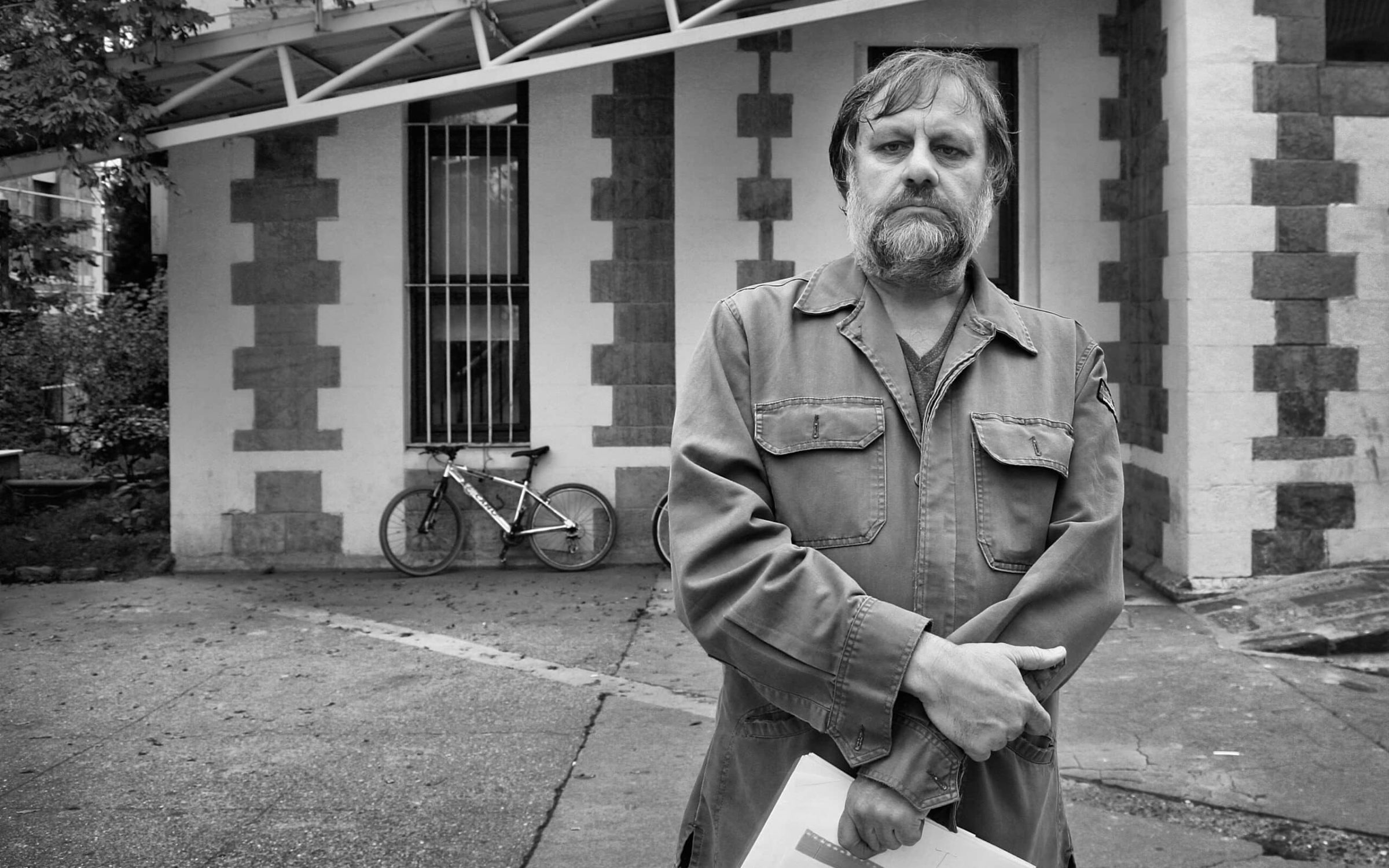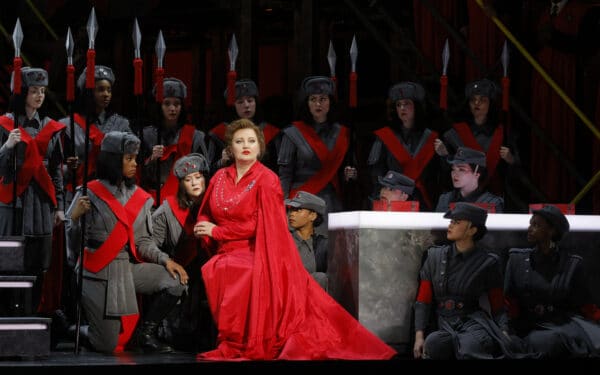Frankfurt Book Fair is the world’s largest book fair and welcomes thousands of exhibitors who come from almost 100 countries to present over 400,000 book titles. On the eve of this year’s fair, the Slovenian philosopher Slavoj Žižek caused an uproar as he used a speech at the opening ceremony to address the current conflict between Israel and Hamas in the Gaza Strip.
Žižek condemned Hamas’ terrorist attacks on the Israeli population, but he also said that it is important to listen to the Palestinians and consider the background of the conflict in order to understand it. Several guests left the hall in protest, including Uwe Becker, anti-Semitism commissioner for the state of Hessen, who had earlier challenged Žižek first before and later while he was on stage. Becker accused the prominent philosopher of relativizing the crimes of Hamas.
It was a scandalous decision by the book fair’s organizers to invite Žižek to give the opening speech. A scandal that proves once again that large parts of the intellectual elite in the West are blind in the left eye. Who is this man?
Žižek is one of those intellectuals who tend to express themselves in a confused, nebulous and unclear manner, and quite rightly hopes that some of his readers will reverently mistake his vague verbiage for philosophical depth. Žižek is not unclear, however, when it comes to making political statements. In his book A Left that Dares Speak Its Name, published in 2020, Žižek calls for a “new communism”: “What we need today is a Left that dares to speak its name, not a Left that shamefully covers up its core with some cultural fig leaf. And this name is communism.” The Left, he argues, should finally abandon the socialist dream of a more equitable and “‘just’ capitalism” and enact more radical “‘communist’ measures.” As a clearly formulated goal, he states that “the opposing class has to be destroyed.“
Žižek extols “Lenin’s greatness,” which lay in the fact that, after the Bolsheviks seized power, he held steadfast to his socialist principles, even though the conditions did not exist for an actual “construction of socialism.” According to the theories developed by Marx and Lenin, “socialism” is a necessary transitional stage until the final goal of communism is reached. Žižek suggests reversing this sequence and aiming directly for communism, which should then eventually evolve or regress into socialism.
According to Žižek, the “Great Leap Forward” in the late 1950s under Mao – the biggest socialist experiment in the history of mankind – presented an opportunity to “bypass socialism and directly enter communism.” Unfortunately, many people do not know anything about Mao’s “Great Leap Forward”. Based on analyses carried out by the Chinese security service and the extensive confidential reports published by party committees during the final months of the “Great Leap Forward,” the historian Frank Dikötter arrives at the following conclusion: At least 45 million people died unnecessary deaths as a result of this grand socialist experiment between 1958 and 1962. The majority died of starvation, while another 2.5 million were tortured or beaten to death – deliberately deprived of food and starved to death. And it is precisely this “Great Leap Forward” that Žižek extols so euphorically.
Mao’s “Great Leap Forward” also provided the model for the communist terror in Cambodia. Between a fifth and a quarter of Cambodia’s population perished from mid-1975 to early 1979—estimates range from 1.6 to 2.2 million people. The Khmer Rouge leader Pol Pot called the “Super Great Leap Forward.” Žižek declared that the Khmer Rouge had not gone far enough: “The Khmer Rouge were, in a way not radical enough: while they took the abstract negation of the past to the limit, they did not invent any new form of collectivity.” All the same, he added: “Revolutionary violence should be celebrated as ‘redemptive’ and even ‘divine.’”
The sociologist Paul Hollander commented: “Žižek’s beliefs appear to be rooted in an unshakeable conviction that nothing exceeds the evils of capitalism and the violence it generates. It was a conviction shared to varying degrees by many Western intellectuals who were attracted to dictators of different political persuasion and who had in common an anti-capitalist disposition.”
It should also be noted here that Žižek is an admirer of Che Guevara and called Stalin’s terror in the 1930s a “humanist terror”: “Stalinism saved the humanity of man.”
In an article in The New York Review under the title “The Violent Visions of Slavoj Žižek,” you can see which photo hangs above Žižek’s bed – that of the mass murderer Josef W. Stalin.
Detailed references for Žižek’s quotations can be found in Rainer Zitelmann’s book In Defence of Capitalism




